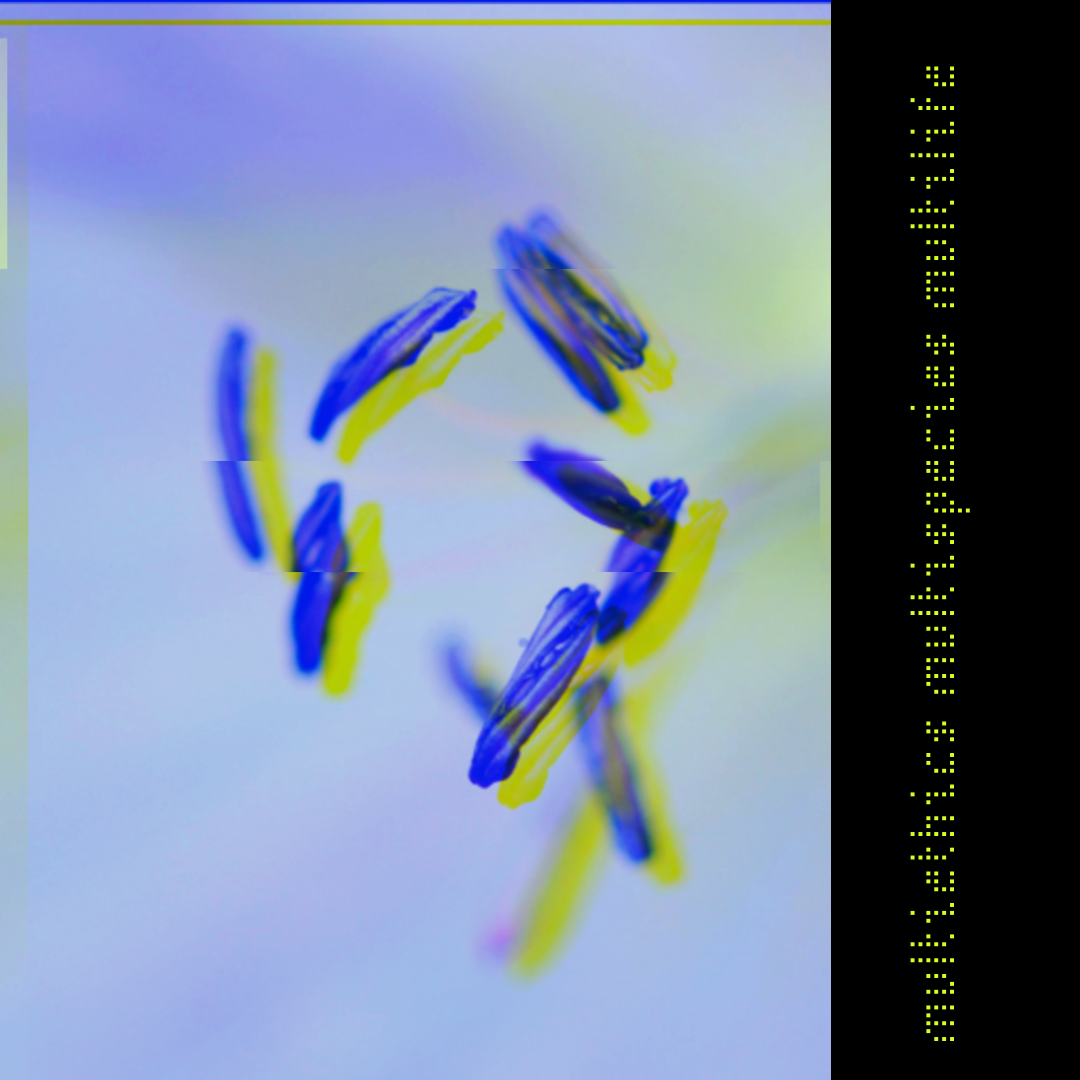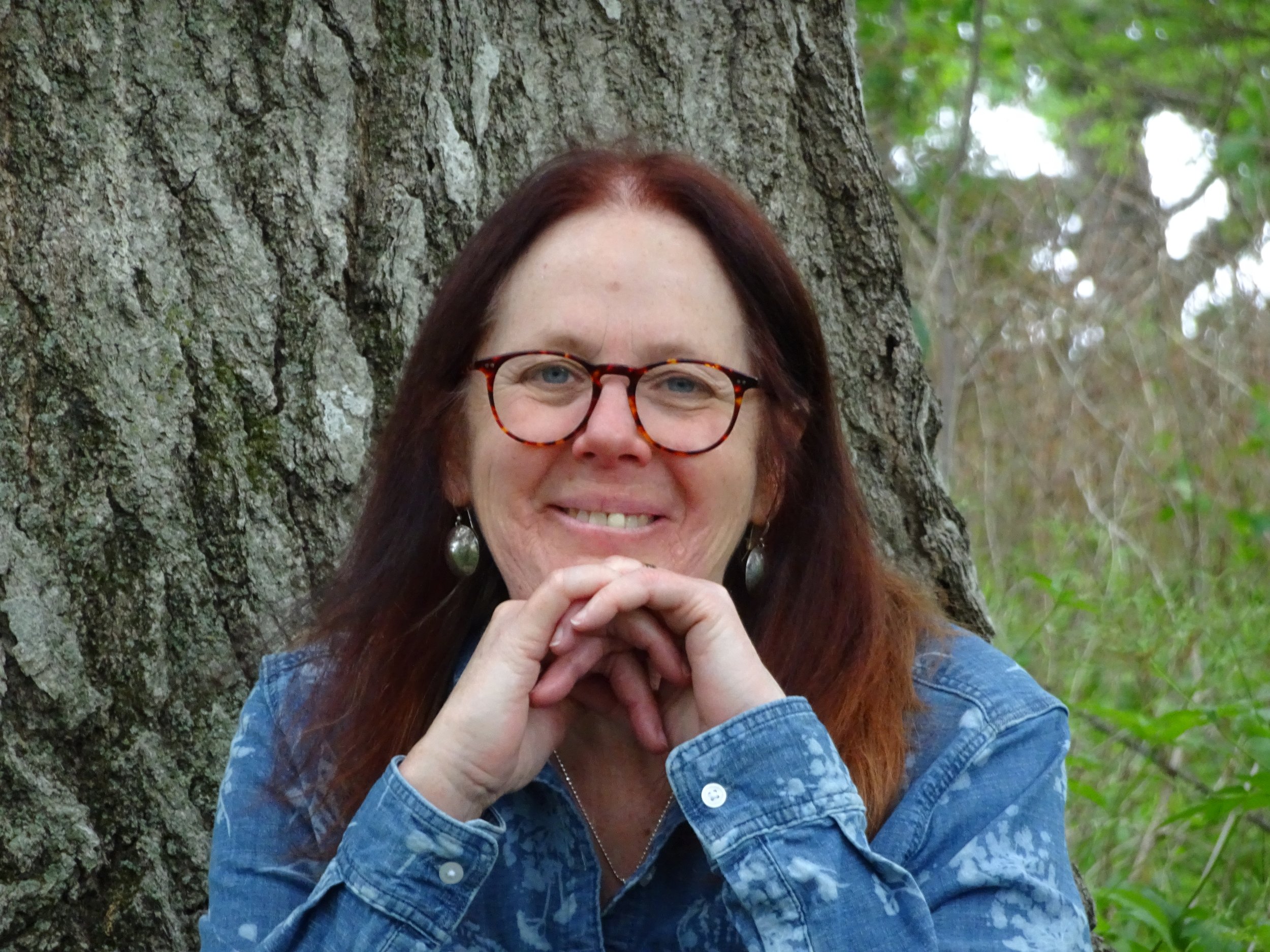
Alison Townsend
Artist Statement: Talking & Listening to Plants
I’ve been a tree person from the time I built houses for the Little People between the roots of the maple in the backyard at my parents’ Pennsylvania farm, to the present, when my husband and I steward a patch of rare and endangered oak savanna in south-central Wisconsin. But my years in the Pacific Northwest immersed me in fir, hemlock, and cedar forests in a completely different way, one that helped me heal as I recovered from a depressive episode. The trees ranged on Marys Peak, in the Oregon Coast Range, spoke to me of persistence and survival. The graceful shape of the conifers, echoing the verticality of the mountain, and their softness gave me something to focus on, offering me a model of a way to live. They welcomed me and lifted my spirit in a new place, making it feel like home. Something reciprocal lined up between the trees and me. They were animate, sentient presences, “green saints” that I still carry inside me, despite living many miles and years away from that beautiful, nurturing landscape.
Like many during the pandemic, I partook of numerous Zoom classes and presentations. One of these was Oregon State’s excellent presentation, “The Trees of Marys Peak.” Watching and listening, I was immediately reminded of my undergraduate dendrology class (which I took to fulfill my science requirement, thinking it would be easy) and the disconnect I felt between the actual, living presences of trees and the study about them. I experienced something similar in the Zoom presentation, even as it absorbed me. Oregon was a soul landscape and leaving it was traumatic. On some level, I will never stop missing it. The poem taught me this when the lines, “loss an opening, after all, / a way to a voice, a story, a place called home,” appeared on the page, locating my small, personal story among the larger mysteries described in the poem. I really did sniff the cedar basket full of bits of conifer and evergreen, forever grateful for what those evergreen trees gave me. And for what remains. May they prevail in this difficult time for our planet.
ALISON TOWNSEND’s newest book is the memoir, The Green Hour: A Natural History of Home (2022). She has also authored two books of poetry, The Blue Dress and Persephone in America, and a short prose collection, The Persistence of Rivers. Her work appears in journals such as The Kenyon Review, Parabola, The Southern Review, and Under the Sun, and has been recognized in Best American Poetry, The Pushcart Prize, and Best American Essays 2020. Professor Emerita of English at the University of Wisconsin-Whitewater, she and her husband live on four acres of prairie and oak savanna in rural Wisconsin, the inspiration for The Green Hour.

